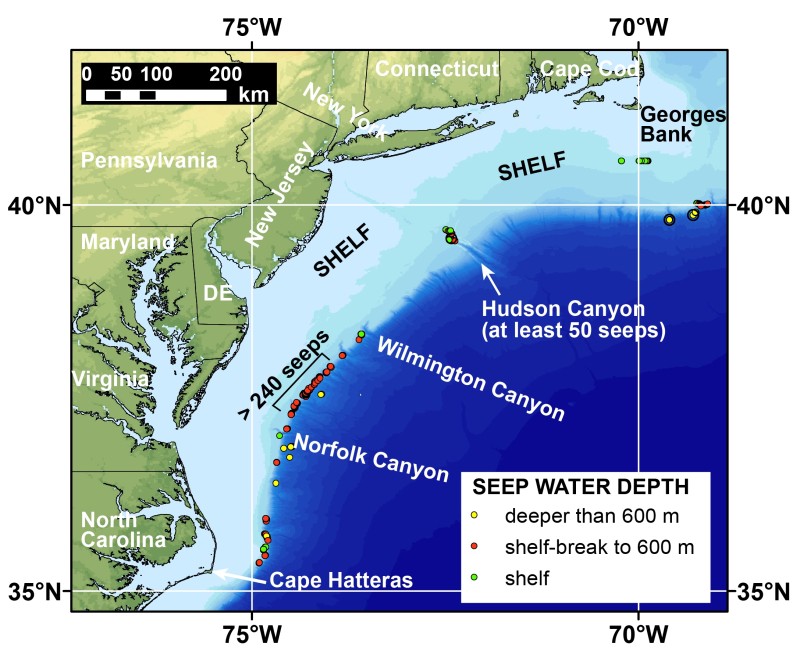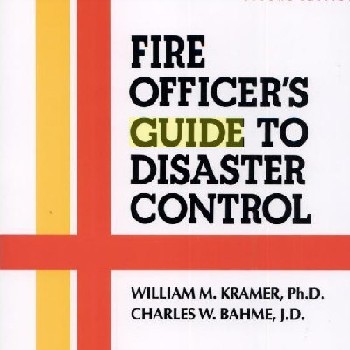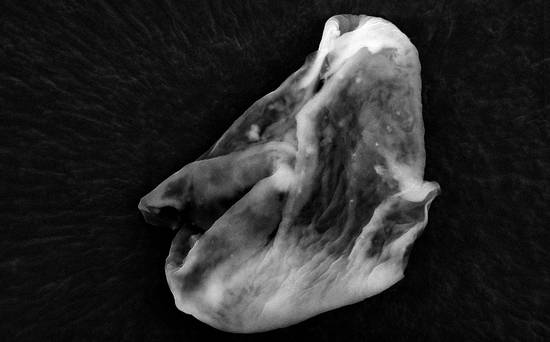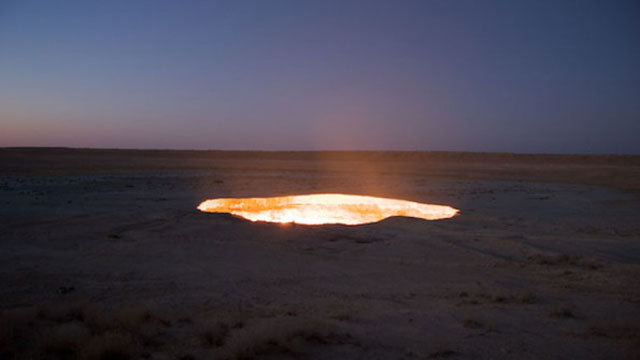
Somewhere between 4000-1000BC
“In a cave a water woman pour pulverized feldspar, tear small pieces from paper-thin copper sheets and place it all inside a goats bladder. Then she mix salt water with vinegar in a larger bowl and heat it up on a slate (copper hydroxide CU(OH)2). She takes her goat bladder to the Sea of Galilee, dives in and places it under a rock deep down in the lake…”
How were the large stones moved, in the Sea of Galilee? Why was myrrh, basalt stones, feldspar, vinegar and copper such big deal here and together, what could it be used for?
Before I “dive” in myself to the untangled world of the Anunnakis, ancient Egypt, the water people, the mystery of the Stone City Petra we must focus on a place on earth that meant the world to our ancestors in the beginning.
Ancient Acre
Ancient Acre was situated on Tel El Fukhar, about 2.5km to the east of the location of the old city. A greater settlement began in the late Iron Age and during the early Bronze Age, about 3000 years before Christ. A thousand years later the town was fortified by a brick gateway on high earthen rampart facing toward the sea. When the Israelites entered the land of Canaan Akko was one of the cities given to the tribe of Asher and for centuries to come it was under Assyrian rule in the 9th century BCE. Between the 6th and 4th centuries BCE however, it was a Phoenician town under Persians.
After the conquest of the entire region by Alexander the Great, the area surrounding Acre first became ruled by the Hellenistic Ptolemid dynasty of Egypt and then the Seleucids of Syria.
In the future mainly Arabs will live in the old city centre, peacefully cohabiting with Jewish residents in neighbourhoods that will rise.
Many different people has and will conquer it and even though Acco was never inhabited by the ancient Israelites. The Jews will come much later in time. Accos importance rest in the past and will never be known as one of the important cities of Israel again.
This city are as you understand very old and during biblical times when the city was under Canaanite control. It is mentioned in ancient Egyptian scrolls from around 1800 before Christ that the city held great importance on trade routes between Egypt and Syria but also to The City of Petra. It was the Greeks who called it Ptolemais.
It became the singular most important harbour for trade ever. It was only eclipsed by the flowering of Caesarea during Roman times. However the artificial harbour of Caesarea silted up with mud after the Arab conquest in the 7th Century. Ibn Tulun made some developments in the port facilities of Acco, and the city and its harbour prospered once more.
The city fell to the Romans hands in 63 BC and was granted the status of colonia . During the Byzantine period In 330, the region passed into the control of the Roman Empire. Then in the early Arab period in 638-1099, many cities were abandoned and destroyed. Acre decreased in importance as an international port.
Acre are as you see, an exceptional historical town in that it preserves the remains of the medieval Crusader and their buildings beneath this existing Muslim fortified town. This dating from the 18th century. The result is the exceptional structures of the capital of the medieval Crusader Kingdom of Jerusalem.
Acre was a center for international trade because of its strategic position and its natural port.
After the Crusaders had wrested Acco from the Arabs they completely redesigned the town and made it at least three times bigger. They closed their new area in huge walls with raising towers and a surrounding moat. In this, the original Crusader work of Acco that you see today, its Medieval appearance of the low houses and narrow streets, is before the turks came and most of the buildings were reconstructed.
A Golden age began for Acco.
From this time, the Knight’s Halls stem, and one other Crusader fortress on the coast. The city continued to be a great trading town with shops and warehouses thrived in every corner. With more than 30,000 inhabitants the city had become very large. But because of the foreign masses and influences from amongst others, Italian trading cities like Venice, Pisa and Genoa who set up businesses in Acco, the local government fell apart and the city became too hard to control and had to leave its ownership.
The Crusader period really began in Acre in 1104, following the successful siege by Baldwin I, the King of Jerusalem, and the Genoese commercial fleet. The king himself settled in the city’s northern parts and here he built a fortified palace. Nearby the port Genoese, Venetian, and Pisan merchants built autonomous quarters and the military orders, installed themselves close.
During the two centuries of Crusader rule, Acre symbolized the interchange between the eastern and western cultures better than any other city in the world. In 1187 however the Muslims captured the entire Crusader lands and Acre was held for four years. In 1191 the third Crusade was led by Richard the Lionheart and they recapture all of Acre and the nearby coastal regions. The story tell, that the second Crusaders established Acre as their capital, only because it was impossible for them to retake Jerusalem but as history shows, Acre kept a treasure…”
New neighbourhoods like Monmizar was built to the north and Acre was now given a double city wall. More palaces, more churches, and public buildings was raised. Then The Mameluke period conquest began, starting from the year 1291 and lasted until 1517 and Acre within the mamluka of Gaza was totally destroyed and abandoned.”
Within 100 years from the 1700’s a man of great evil siege Acre, he will defended it against the french, against a war lord called Napoleon. His name was El-Jezzar also called the butcher.
Stay tuned for some mystery revealing. To be continued…





